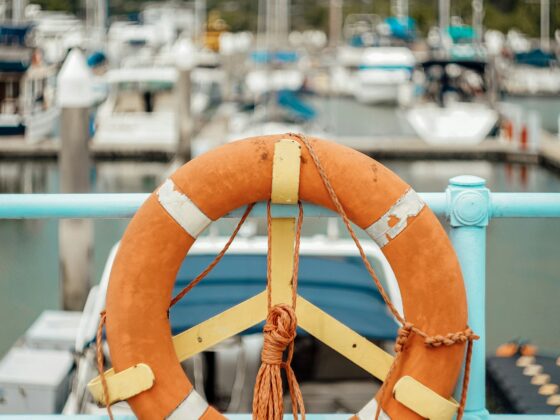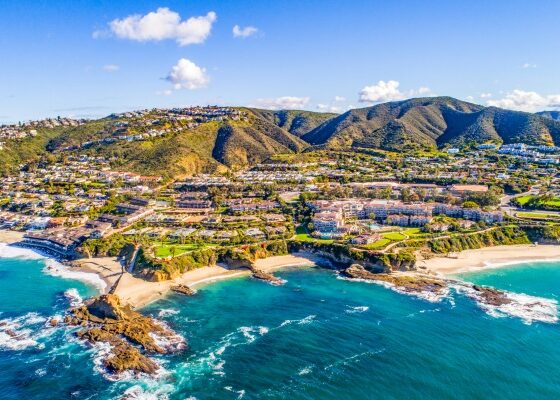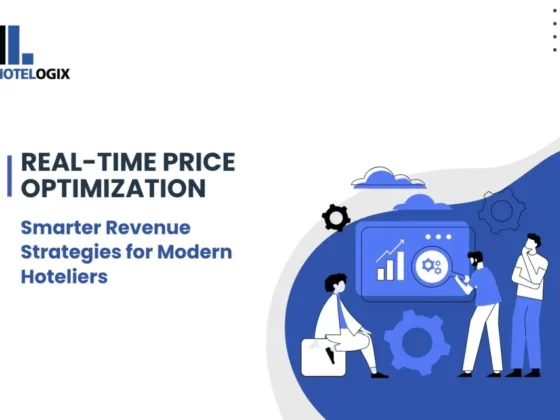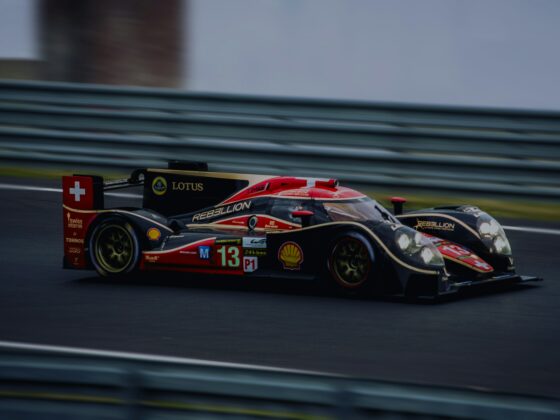The Algarve is one of Portugal’s most popular tourist regions, accounting for approximately 30% of overnight stays in the country. Known for its mild climate and 3,000 hours of sunshine annually, it first rose to prominence in the 1960s as an upscale alternative to the Mediterranean. Today, it remains a favourite for retirees and second-home buyers from Northern Europe. The region is also considered one of the world’s leading golf destinations, hosting 31 of Portugal’s 75 golf courses. Strict development controls have preserved much of the coastline, distinguishing it from other overdeveloped European resorts.
Tourism Demand
Apart from the pandemic years, demand in the Algarve has remained remarkably stable. In 2024, international bednights exceeded pre-pandemic levels, reaching more than 16.0 million compared to 15.9 million in 2019. While domestic demand has slightly declined in recent years, the surge in international visitors largely compensated for this shift.
A key driver of this growth is the expansion of flight connections between the USA and Portugal. While Lisbon and Porto have already benefited from increased air links, the Algarve is poised to follow suit. Beginning in 2025, United Airlines will operate four weekly flights between Newark (New York) and Faro from May to September, a highly anticipated development expected to boost further the region’s growing popularity among US travellers.
Golf continues to be a crucial segment for the Algarve, particularly valuable for extending tourism beyond the peak summer months, despite its price sensitivity. Another emerging trend is demand from sports teams, particularly football clubs that choose the Algarve for winter training camps, drawn by its mild climate and high-quality infrastructure. This segment is especially beneficial for hotels during the low season, as teams typically opt for full-board stays and make use of meeting facilities, keeping multiple hotel departments active during an otherwise quiet period. Recognising this opportunity, an increasing number of hotels are now investing in professional-grade sports facilities to better attract this market.
Increase in US Flights Drives Bednight Growth (000s)
Hotel Performance
The Algarve has demonstrated a consistently stable level of demand over the years. Although the region was significantly impacted by the pandemic, the recovery of the Algarve as a destination was rather swift. Domestic demand fluctuated very little throughout the pandemic, and international demand rebounded quickly, with already 89% of the international stays regained in 2022. By 2023/24, the total number of bednights in the region had returned to pre-pandemic levels. This rapid recovery is reflected in occupancy rates, which stood at 57% in 2019 and had already reached 55% in 2022 before climbing to 58% in 2023 and 59% in 2024. This all-time-high performance was partly influenced by a temporary reduction in supply, as several hotels were undergoing renovations.
On the pricing front, the Algarve’s hotel sector lagged inflation from 2017 to 2020. This trend changed in 2021 as tourism surged across Mediterranean resort destinations. That year, the swift rebound of the high season drove a sharp increase in average rates, which were sustained into the following year despite rising and more evenly distributed demand throughout the calendar year. Since then, the region has kept pace with inflation, leveraging post-pandemic momentum, much like its Mediterranean peers, to push rates beyond inflationary levels. Consequently, the 2024 average rate stood 13% higher in real terms than that achieved in 2019. As a result of this dynamic, along with the strong occupancy level previously described, the 2024 RevPAR for the Algarve registered a 16% increase over 2019 in real terms.
Average Rates Riding the Inflation Wave and RevPAR Reaching New Heights
Hotel Supply
The Algarve’s hotel supply remained largely stable between 2017 and 2024, with the temporary reduction in available rooms during the pandemic now fully recovered. Notably, the five-star segment has grown at a compound annual rate of 2% over this period. Although hotel openings have been relatively limited in recent years, significant developments are on the horizon. Approximately 1,200 new rooms are expected to enter the market over the next few years, equivalent to a 3% increase in supply. Along with this, a further 2,200 rooms are undergoing renovation and repositioning, representing 5% of the existing supply. While these upgrades do not technically expand supply, they are significant in terms of market repositioning. Many of the upgrades involve independent or locally branded properties transitioning to international hotel chains, signalling a growing trend toward branding in the Algarve. Several major projects are expected to materialise soon, marking a shift that could redefine the region’s hospitality landscape.
Upcoming Hotel Openings in the Algarve
This branding trend is expected to have a notable impact. With international brands such as Marriott, IHG and Hilton entering at the luxury end of the spectrum, the overall price ceiling for the destination is likely to rise, ultimately benefiting the rest of the market as well. Additionally, the presence of global chains with strong distribution networks will elevate the Algarve’s visibility on the international stage, enhancing its competitiveness with Mediterranean resort destinations. This is also relevant for the incentive travel segment, popular with US travellers, which will be further supported by new direct flight routes.
However, despite this momentum, industry players do not foresee the Algarve transforming into the next Marbella or Costa del Sol. Strict development controls remain in place to preserve the region’s natural coastline, and the Algarve’s location on the Atlantic rather than the Mediterranean, along with seasonal and infrastructure limitations, naturally curbs unchecked expansion.
Repositioning Projects in the Algarve
Investment Market
The Algarve saw a surge in hotel investment activity in 2023, with 16 hotels changing hands, marking a strong rebound after a sluggish 2021 and 2022, during which only six hotels transacted across the two years. Over the past four years, hotels in the region have sold at an average price of approximately €293,000 per key.
Two key players have been particularly active in the Algarve market: Arrow Global and Mercan Properties. Arrow Global has aggressively expanded its Portuguese portfolio, acquiring, for instance, an 11-hotel portfolio in 2023, including four Dom Pedro properties in the Algarve, which are now undergoing repositioning and rebranding. Meanwhile, Mercan Properties has been capitalising on recent changes to Portugal’s residency-by-investment programme. Following the October 2023 reform eliminating real estate investments from the Golden Visa programme and shifting focus to alternative investment routes like venture capital funds, Mercan has strategically leveraged this shift to expand its portfolio ,with most of these acquisitions currently undergoing repositioning works.
Outlook 2025
The Algarve is emerging as a market to watch, underpinned by strong fundamentals and proven resilience. Its robust post-pandemic recovery and growing appeal among travellers have drawn increasing interest from investors and operators alike. Several key factors, such as the rising demand from US visitors and the entry of international hotel brands, are aligning to drive potential average rate growth across the region. However, with a surge in new supply within a relatively small market, competitive pressures may temper future rate acceleration. Nonetheless, the Algarve stands at the threshold of an exciting period of transformation, with several high-profile developments set to shape its hospitality landscape in the years ahead.


























